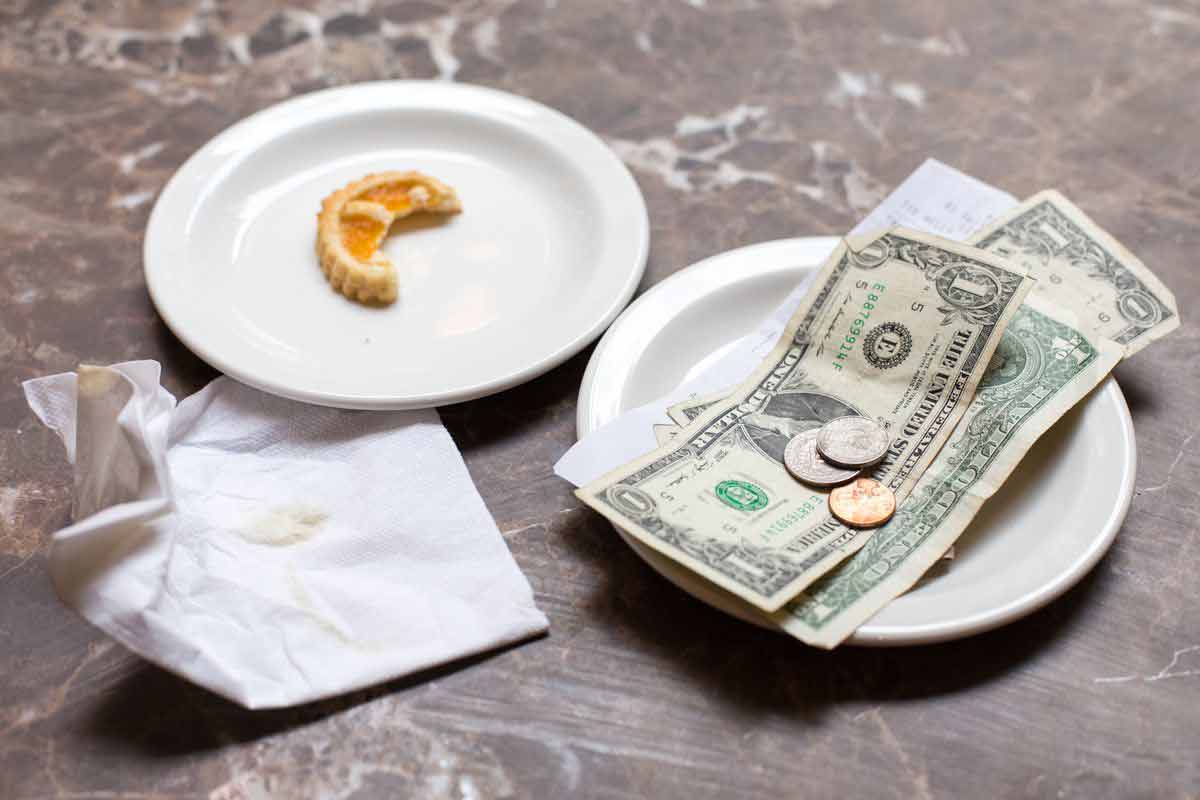
State authorities have also stepped in, although the measures vary from state to state. On March 18, President Donald Trump signed legislation requiring private insurers to waive testing costs. Despite federal assurances, if you're uninsured you may still be billed for testing and treatment.Insurance doesn't always cover the cost of experimental or unapproved drugs and procedures.Others infected later in the pandemic still can't get tested and may not be able to prove they had the coronavirus.Insurers may still not cover all the costs that accompany testing, even if they waive the costs of the tests themselves. I got more bills than I got pay Bills keep coming every day I watch my money slip away.If, like Hoffman, you were infected early in the pandemic, you may find yourself scrambling to prove your illnesses was virus-related.

Here are five things they say to watch out for in your medical bills: The experts caution that it is still early in the outbreak and that the government and the insurers are adjusting their responses daily, but they've already seen gaps in coverage that fit into a few broad categories.

These are more urgent than things like credit cards or. A 2018 report from the Agency for Health Care Research and Quality noted that 'the rate of. Suzanne Taylor has been told that her fixed daytime tariff with the renewable energy supplier So will double from 16p to 32p a unit if she renews it this month.

Now all those plans are changing their policies to address the coronavirus, and the providers - the ones who compute the cost of your care - struggle to keep up, leading to surprise bills even after promises that costs would be waived. You should start by trying to sort out problems with your energy bills, council tax or housing costs. Part of the issue is that emergency care is expensive, and the number of visits has been climbing. Even in normal times, they say, doctors and hospitals have to navigate dozens of health care plans, public and private.


 0 kommentar(er)
0 kommentar(er)
